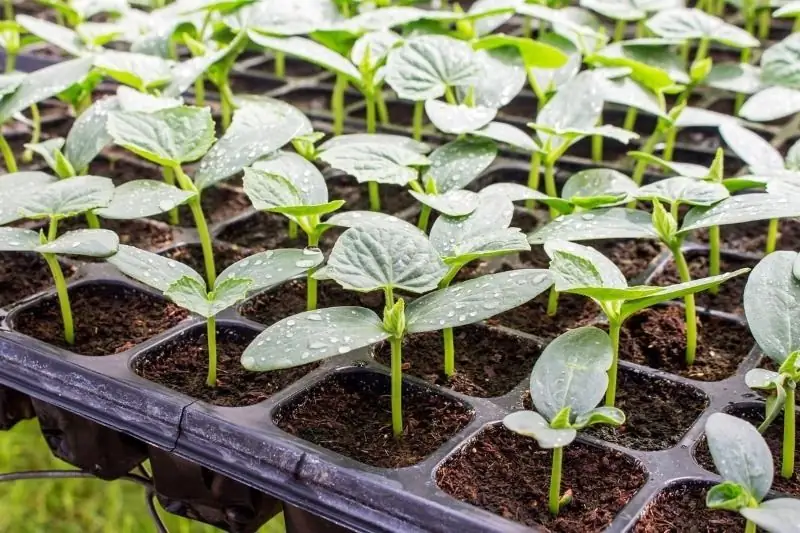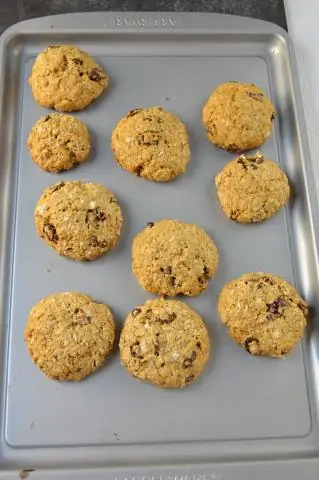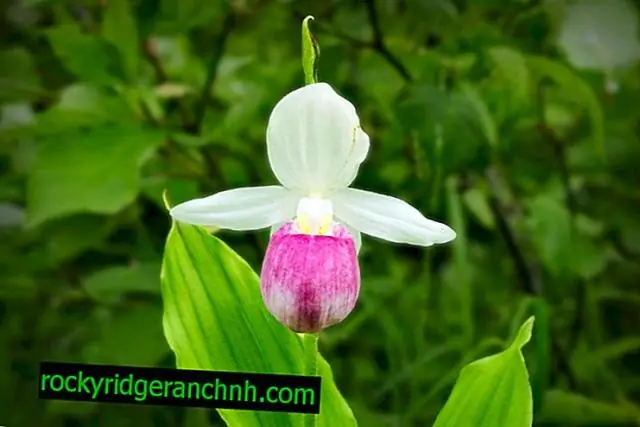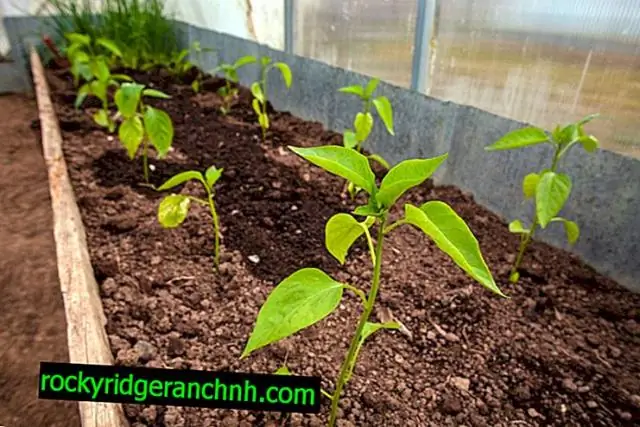
Table of contents:
- Author Bailey Albertson albertson@usefultipsdiy.com.
- Public 2023-12-17 12:53.
- Last modified 2025-01-23 12:41.
7 soil additives that will ruin even strong seedlings

Correctly selected soil is the key to strong seedlings, which means a good harvest. If the soil is made by hand, then you need to know which additives cannot be mixed in so as not to ruin the seedlings.
Sawdust
Seeds germinate well in the sawdust substrate and the seedlings are easy to transplant. But there are no useful substances in sawdust, therefore such seedlings have yellow thin stems and grow worse than others. As soon as the first true leaves appear on the plants, the seedlings should be urgently transplanted into the soil.
Wet infusion from tea
The brew from large-leaf tea is rich in microelements useful for seed growth. Tea bags are convenient for germinating seeds. To do this, slightly cut the bag, add a little soil to the used tea leaves and plant seeds there. This method of growing seedlings is suitable for plants that do not tolerate picking well.
However, this method has disadvantages - mold can form in the infusion, which is harmful to the roots. Therefore, the tea must be dried well before use.
Coffee grounds
Coffee beans, like tea leaves, contain many nutrients and trace elements. However, they can grow moldy and damage the sprouts. Dry the coffee grounds well before use. In addition, it makes the soil heavier and the seeds germinate more slowly.
Straw
When straw is added to the soil, an active decomposition process begins in it. Rotting straw produces a lot of heat. This can damage young roots or even destroy seeds and seedlings.
The acids that are produced during the decomposition process also negatively affect the growth and development of the roots. In addition, overheating of the straw in the soil reduces the nitrogen content, which is necessary for the normal growth of young plants.
Foliage
With the right approach, you can make humus rich in fiber, silicon, phosphorus and nitrogen from fallen leaves. However, improperly prepared humus can do harm instead of benefit. The threat lies in the fact that together with healthy foliage is used and affected by the fungus.
Diseased leaves are not always easy to recognize, and as a result, all humus becomes infected. For immature sprouts, it can become destructive. In addition, in the process of overheating of the foliage, as in the case of straw, there is a risk of overheating of the roots, which can destroy young seedlings.
Construction sand
In the manufacture of soil for seedlings, river sand can be used, but construction and quarry sand are absolutely not suitable for these purposes. It does not contain any nutrients, therefore it is infertile. There is a large amount of clay in construction sand, which does not allow water and air to pass through well. In such soil, immature plants can die.
Fresh manure
When fresh manure is added in the soil, an active release of heat and gas begins, which is dangerous for the root system. Young seedlings may die due to overheating of the roots. In addition, the manure may contain weed seeds. It can also be infected with pest larvae or infectious agents that are dangerous to seedlings.
Recommended:
Growing Potatoes From Seeds, Planting Seedlings

How to collect potato seeds and prepare them? Features of growing and care. Planting seedlings in open ground. Harvesting and storage
How To Replace Eggs In Baking: What Can Be Added To The Dough, How To Grease, Banana And Other Options + Photos And Videos

People are divided into two categories - those who do not use eggs for food, and those who forgot to buy them. In the article you will find ways to replace this product for baking
Growing Pepper Seedlings At Home: When To Plant According To The Lunar Calendar 2019, On The Windowsill, In The Greenhouse And Not Only With Video

How to prepare everything you need for growing pepper seedlings at home, sow seeds and grow in a suitable way for a gardener
Seedlings Of Eggplant At Home: Planting According To The Lunar Calendar 2019, Features Of Growing In Different Ways, Rules For Leaving With Video

How does growing eggplant seedlings differ from growing any other, why you need to do it and how to avoid mistakes when planting at home
The Secret To Growing Tulips Without Soil

How to grow tulips in winter without using soil and a pot
